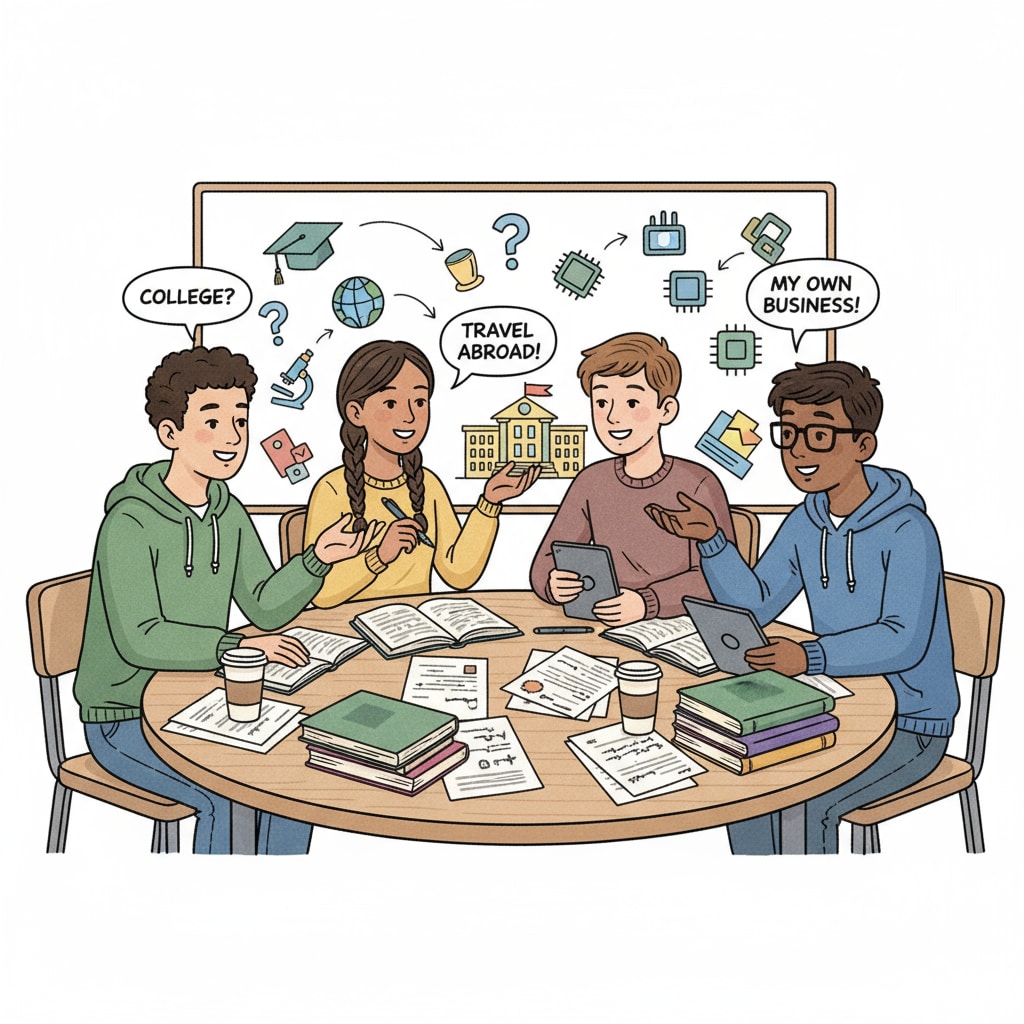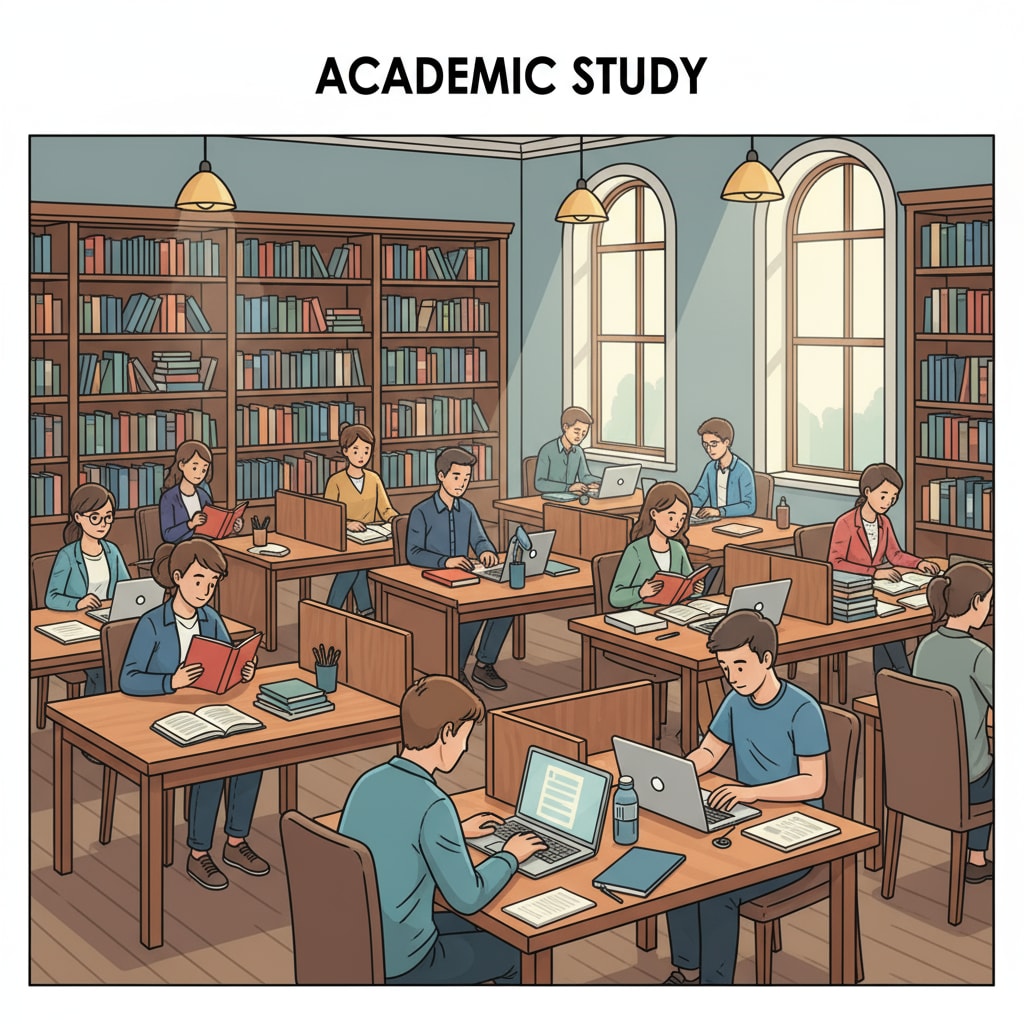University planning, major selection, academic success, and career development are crucial aspects for high school students as they stand at the crossroads of their futures. Making informed decisions in these areas can set the foundation for a fulfilling and prosperous life.

For instance, understanding how to plan for university can open doors to the right educational institutions, while choosing the appropriate major can lead to a rewarding career path.
Academic Planning: Laying the Foundation
Academic planning is the first step in this journey. High school students should focus on building a strong academic record. This includes taking challenging courses, participating in extracurricular activities related to their interests, and maintaining good grades. By doing so, they enhance their chances of getting into their desired universities. For example, taking advanced placement courses not only shows academic prowess but also earns college credits. According to College Board, these credits can reduce the time and cost of college education.

University Selection: Finding the Right Fit
When it comes to university selection, students need to consider various factors. Location, size, academic programs, and campus culture are just a few elements to ponder. A large university in a bustling city might offer a wide range of majors and diverse social experiences, while a small liberal arts college in a quiet town could provide a more intimate learning environment. U.S. News & World Report provides valuable rankings and information to help students make an informed choice. Additionally, visiting campuses can give students a firsthand feel of the place and help them determine if it’s the right fit.
Once students have selected a university, the next crucial step is choosing a major. This decision often impacts their future career path. Students should explore their interests, skills, and passions to find a major that aligns with them. Some may be interested in STEM fields, such as computer science or engineering, which offer high-demand career opportunities. Others might prefer the humanities or social sciences, like history or psychology. It’s essential to research the job prospects and curriculum of different majors to make an educated decision.
Readability guidance: By following these steps, students can better navigate the complex process of university education and career planning. Short paragraphs and lists are used to summarize key points, and transitions like ‘for example’ and ‘additionally’ are added to enhance readability. The focus is on providing clear and actionable advice for high school students.


